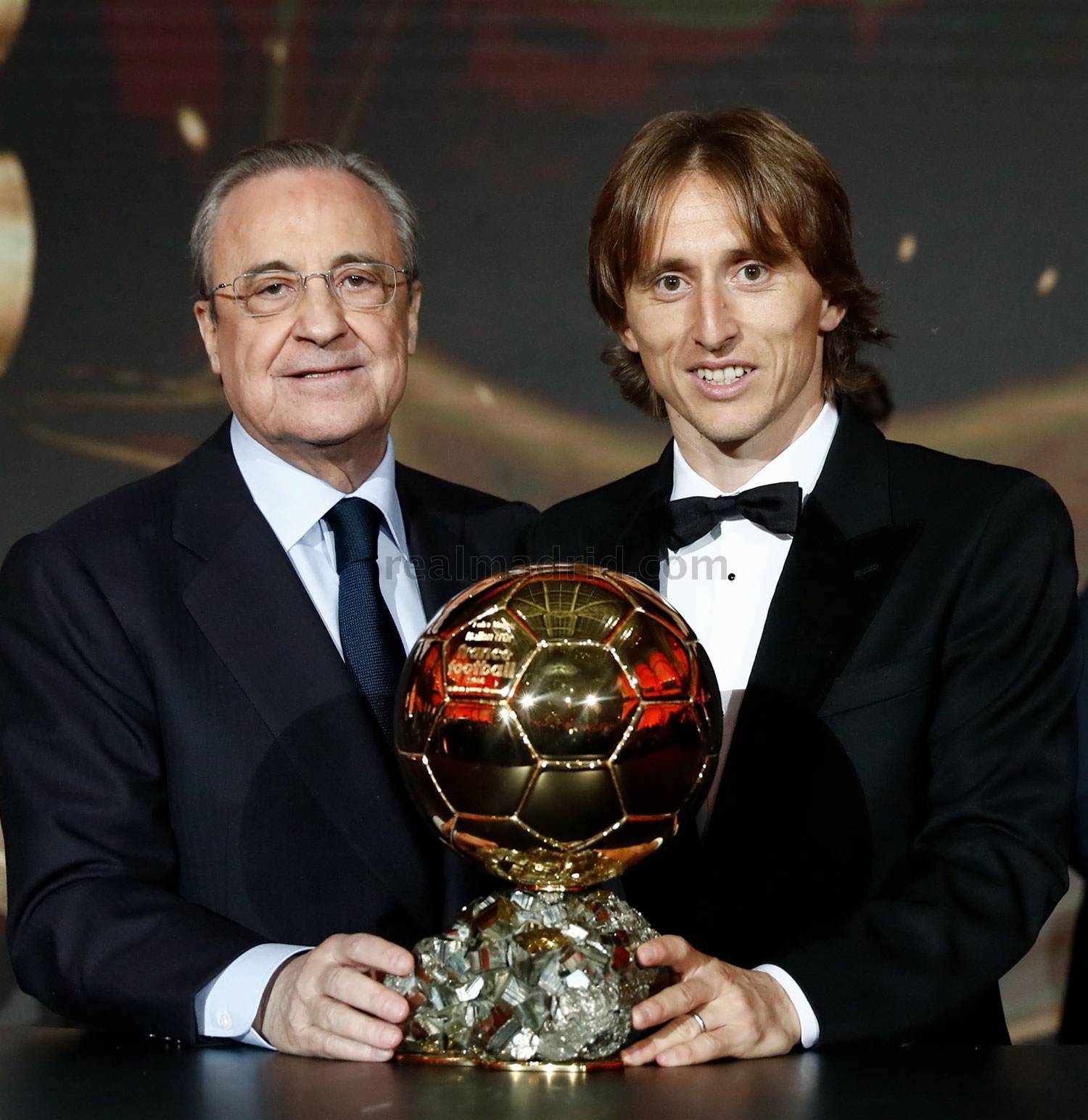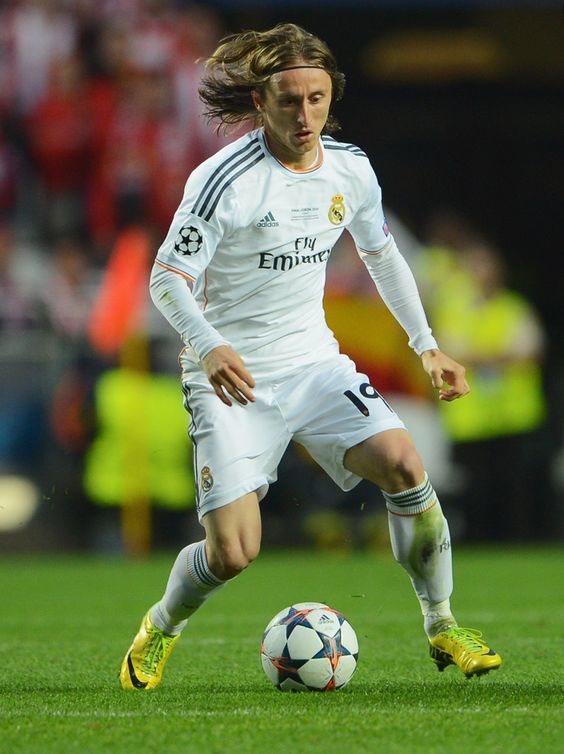
Raised amidst the rugged terrain of Velebit’s mountains, Modric’s childhood was an embodiment of hardship, with farming and herding forming the backbone of his daily life. The Croatian war cast its shadow, thrusting his family into adversity. Yet, Modric’s prodigious football talent illuminated a path of hope.
In 2002, the doors of professional football swung open for Modric, propelling him into the spotlight as he bolstered Croatia’s Dinamo Zagreb to three consecutive national championships between 2005 and 2008. A £16.5 million transfer to Tottenham Hotspur marked his passage into the English Premier League.
The pinnacle of Modric’s odyssey beckoned him to Real Madrid, where his football virtuosity found its crescendo. Match after match, he wove spells of brilliance, steering Real Madrid toward five UEFA Champions League crowns and four FIFA Club World Cup conquests.
A skipper of the Croatian national team, Modric’s on-field artistry and global experience made him a guiding light. Debuting in 2006, he etched his legacy by leading Croatia to the 2018 FIFA World Cup final, a duel that saw them emerge as valiant runners-up against France. Individual honors, including the coveted FIFA The Best award, underscored his exceptional prowess.
The tale of Luka Modric’s meteoric rise resonates as a testament to triumph over humble origins. His Real Madrid journey commenced in 2012, inked with a five-year pact and a £33 million transfer fee. This paved the way for duels against football titans in the Spanish Super Cup, UEFA Champions League, and La Liga, pitting him against the likes of Manchester United, Bayern Munich, and Barcelona.
In his inaugural official clash for Real Madrid, Modric blazed against Barcelona in the return leg of the Spanish Super Cup, etching a 2-1 triumph on aggregate for “Los Blancos.” A goal against Real Zaragoza in November 2012 marked his debut score for the club.
The crescendo of his tenure reverberates in the 2012-2013 UEFA Champions League victory over Manchester United, where a 2-1 win (3-2 on aggregate) propelled Real Madrid to the quarter-finals. In the following season, 2013-2014, the emergence of coach Carlo Ancelotti illuminated Modric’s prowess, culminating in a UEFA Champions League triumph over Bayern Munich and Atlético Madrid.
Success was a constant companion in the 2016-2017 season, as Modric played a pivotal role in securing Real Madrid’s second UEFA Champions League title. The ensuing year, 2017-2018, unveiled new summits, with the FIFA Club World Cup and Modric’s third UEFA Champions League honor burnishing his legacy.
Luka Modric’s narrative unfurls as a saga of an unassuming Croatian boy blossoming into a powerhouse of world football. His imprint on Real Madrid’s quest, spanning leagues, continents, and eras, is a living testament to indomitable spirit and monumental achievement.

